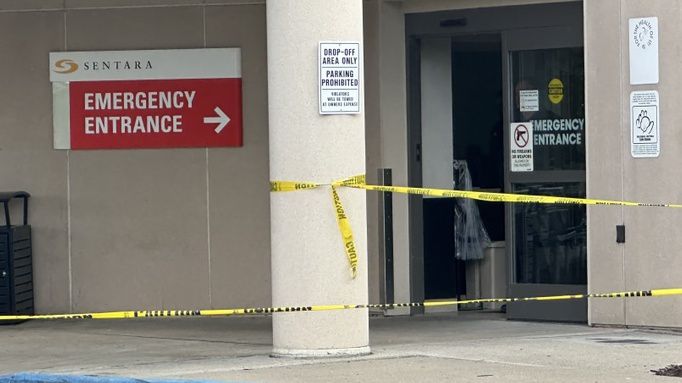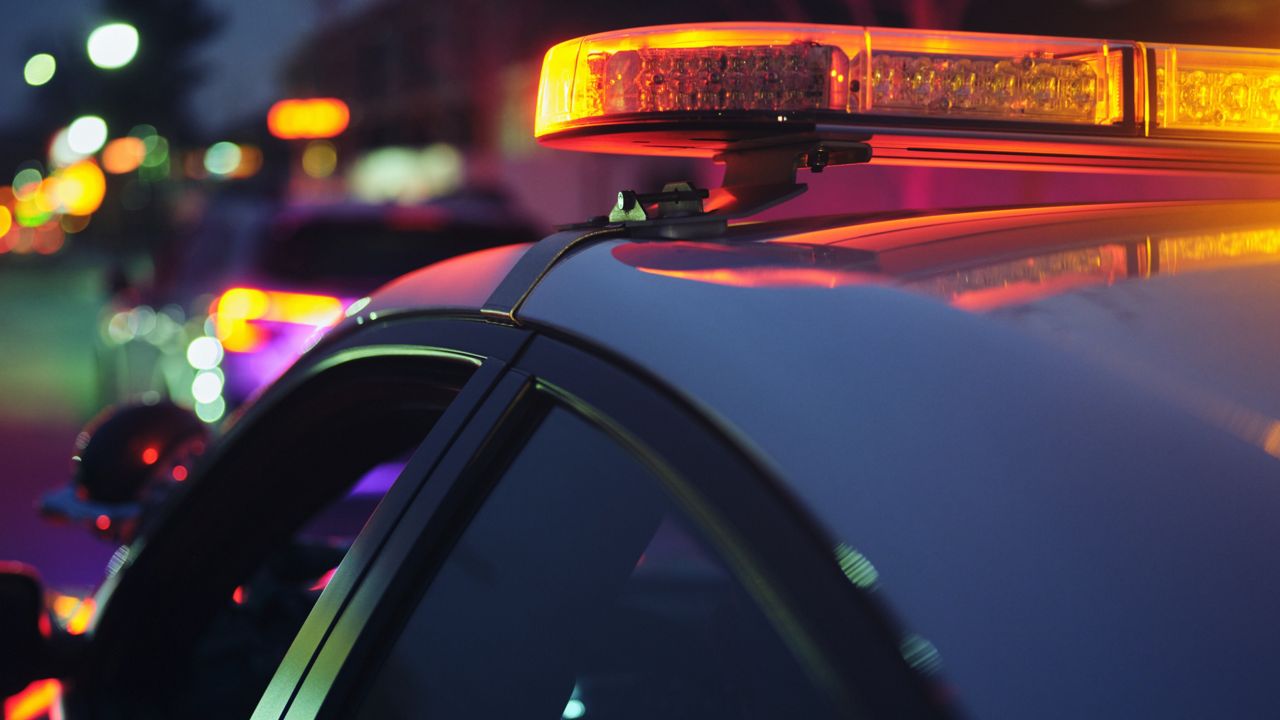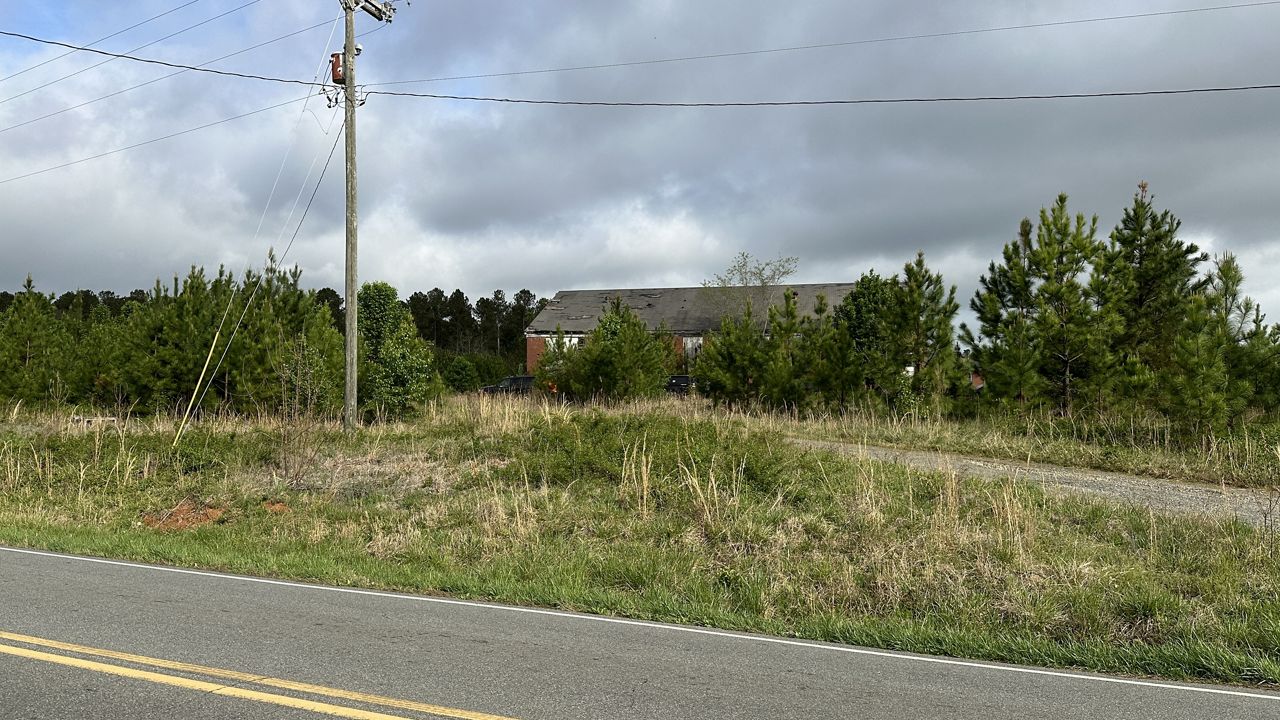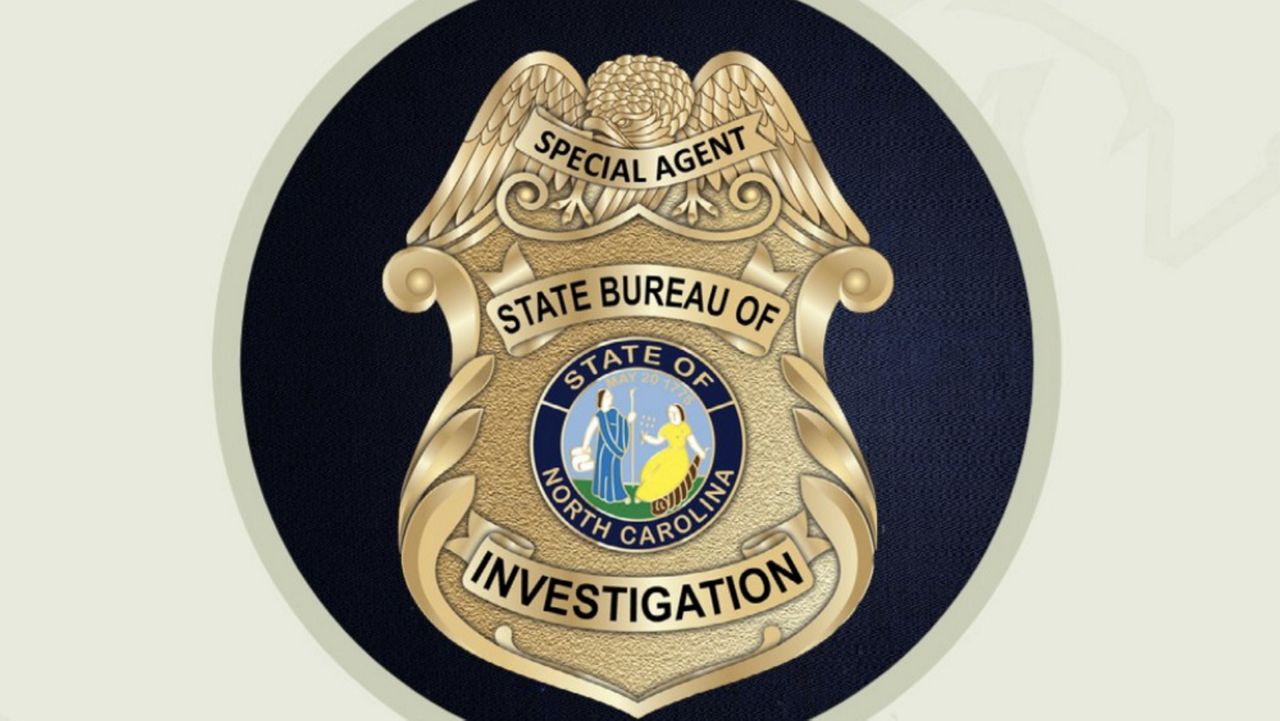SELMA, N.C. — Fireworks on New Year's Eve are said to date back to ancient China. The loud noise of fireworks and banging of pots and pans were thought to prevent evil spirits from entering the new year.
What You Need To Know
- The use of fireworks on New Year's Eve dates to ancient times
- Fireworks can launch up to 300 mph
- The banning of fireworks helped create the ball drop in New York's Times Square
- Not all fireworks are legal in N.C.
Dennis Lewis oversees eastern operations for Hale Artificer Inc. and Wetzel Pyrotechnics. He has been working with fireworks for 25 years, producing about 200 shows a year in Eastern North Carolina, Virginia and South Carolina, and teaching safety of the explosives.
“Most importantly, because you can shoot the best, you can shoot the best show in the world, and if one person gets hurt, you had a bad show,” Lewis said.
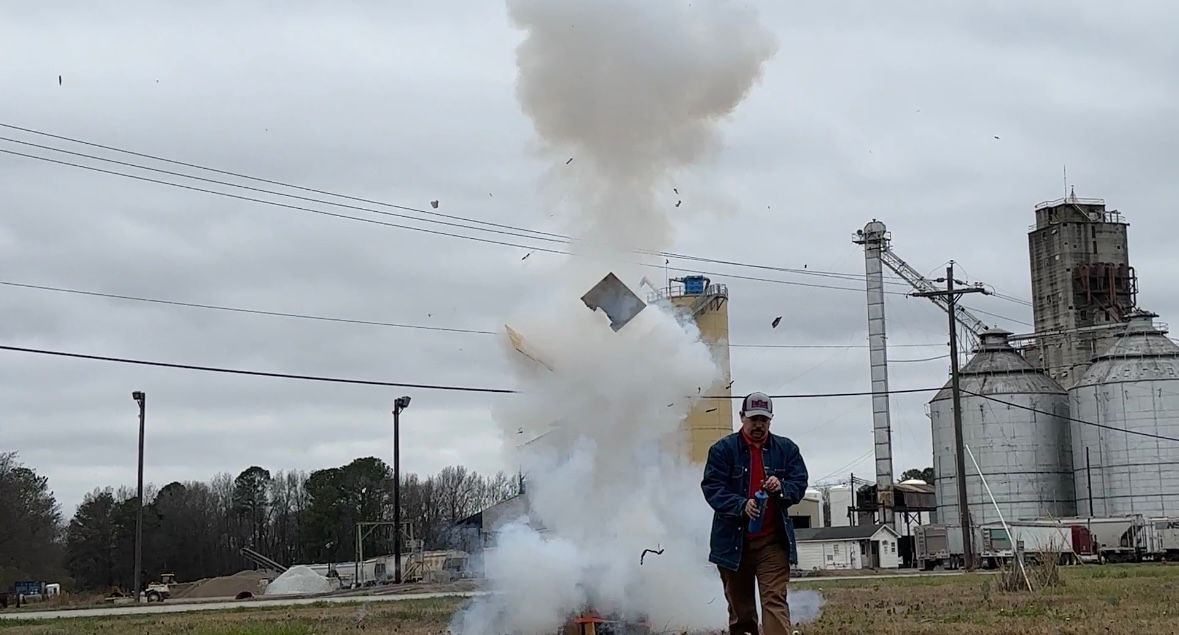
The U.S. Consumer Product Safety Commission estimates 10,200 people were treated in emergency rooms for injuries related to fireworks in 2022.
“I will say that probably most of the time when someone gets hurt, it's because they were doing something stupid, like mixing alcohol with explosives,” Lewis said.
Lewis said he has seen videos and heard stories of accidents with fireworks, including decapitation, burns and crushed skulls from attempting to light mortars off of a head. He says those mishaps have helped shape firework laws.
“There is a certain element of danger anyway," he said. "If you add stupidity or alcohol into it, it gets even worse."
He added the explosives can take off at 300 mph.
“This is the worst part, from the time it takes this golf ball to hit the asphalt," he said. "That's how much time you got to get out of the way, not much time."
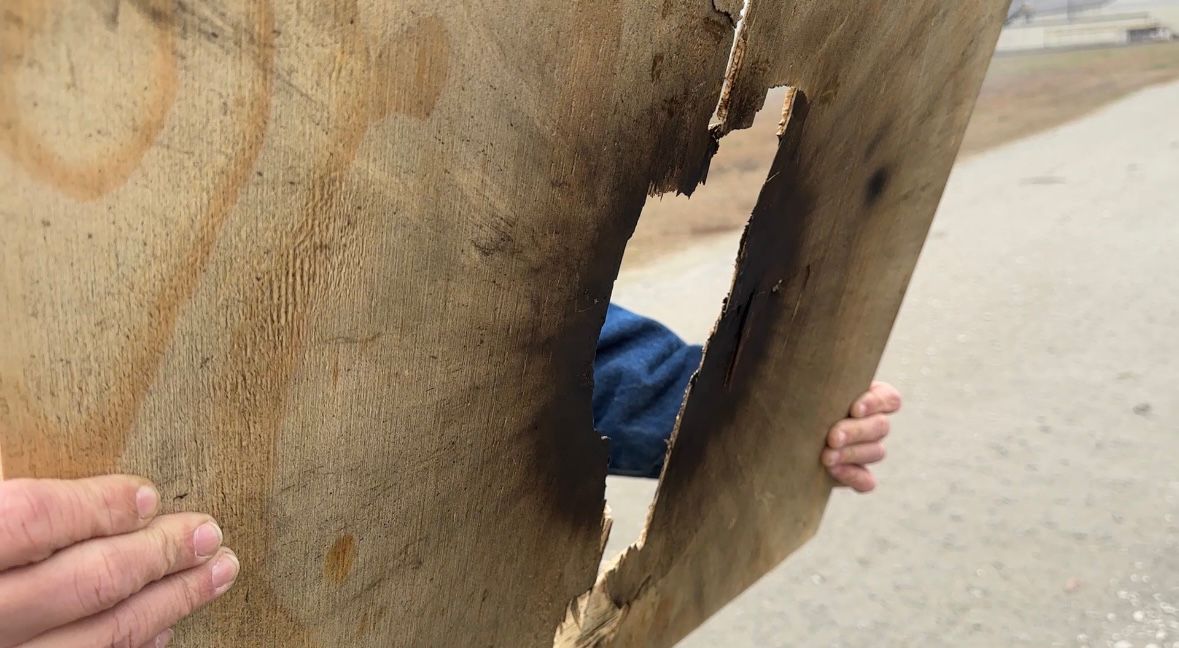
New York City banned fireworks from New Year's Eve celebrations in the early 1900s, prompting the creation of the famed ball drop, according to the Times Square website.
“I’m most nervous three minutes after a show, because if anything went wrong, you're going to know it in those three minutes,” Lewis said.
Pyrotechnicians who perform firework shows go through extensive training and certifications from the state.
Examples of legal fireworks in North Carolina:
- Sparklers
- Smoke devices
- Snake and glow worms
- Trick noisemakers
- Party poppers
Examples of illegal fireworks in North Carolina:
- Roman candles
- Firecrackers
- Ground spinners
- Aerial fireworks







